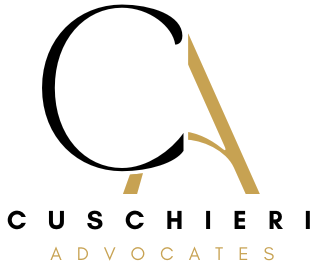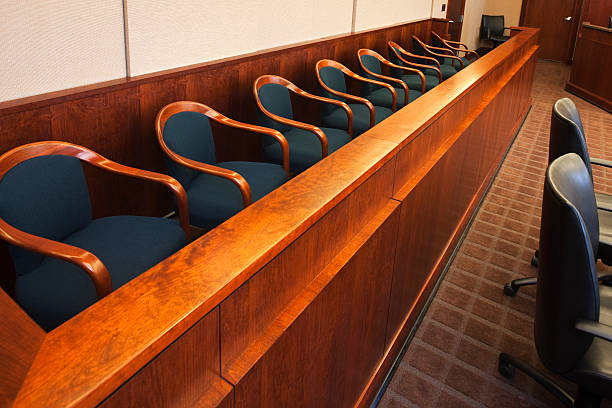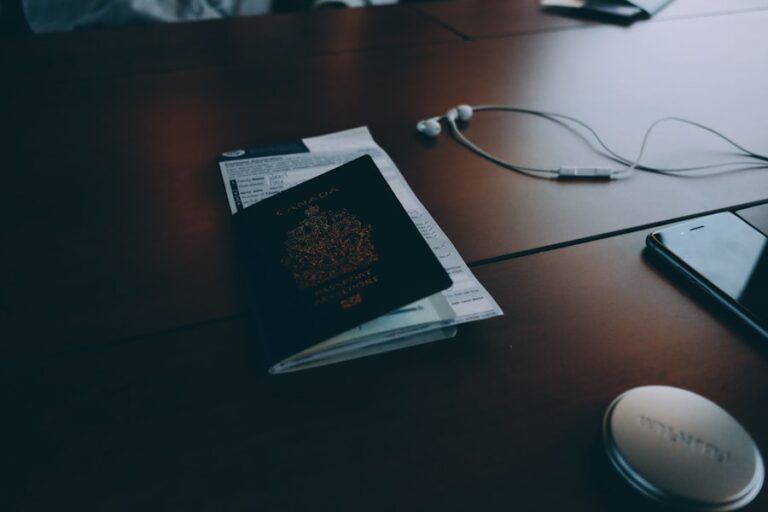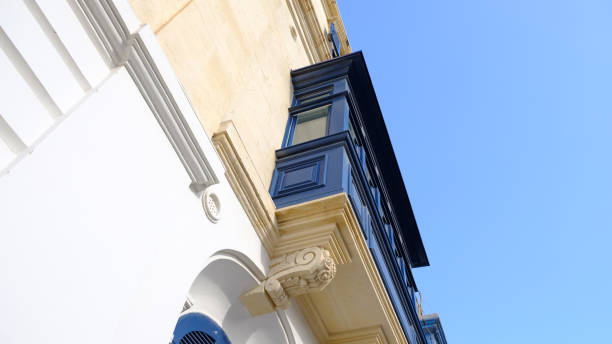Gaming License Applications in Malta: A Step-by-Step Guide
Malta has established itself as a premier jurisdiction for online gaming, attracting operators from around the globe due to its robust regulatory framework and favorable tax regime. The Malta Gaming Authority (MGA) is the regulatory body responsible for overseeing all gaming activities in the country, ensuring that operators comply with stringent standards of fairness, security, and transparency. The application process for a gaming license in Malta is comprehensive and designed to assess the suitability of applicants thoroughly.
This process not only evaluates the financial stability and integrity of the applicant but also examines the operational capabilities and the overall business model. The application process begins with the submission of a detailed application form, which requires extensive information about the applicant’s business structure, ownership, and operational plans. The MGA conducts a rigorous due diligence process, which includes background checks on key personnel and stakeholders involved in the gaming operation.
This scrutiny is essential to maintain the integrity of Malta’s gaming industry and to protect players from potential fraud or malpractice. The entire process can take several months, depending on the complexity of the application and the responsiveness of the applicant in providing necessary information.
Eligibility Criteria for Gaming License Applicants in Malta
To qualify for a gaming license in Malta, applicants must meet specific eligibility criteria set forth by the MGOne of the primary requirements is that the applicant must be a legal entity registered in Malta or have a physical presence in the country. This stipulation ensures that operators are subject to Maltese laws and regulations, which helps maintain a high standard of accountability within the industry. Additionally, applicants must demonstrate financial stability, which typically involves providing proof of sufficient capital to support their gaming operations and cover potential liabilities.
Another critical aspect of eligibility is the integrity and reliability of key personnel involved in the gaming operation. The MGA requires that all directors, shareholders, and senior management undergo thorough background checks to assess their suitability for holding positions of responsibility within a gaming company. This includes evaluating their professional history, financial standing, and any previous involvement in gaming or related industries.
Furthermore, applicants must also demonstrate their commitment to responsible gaming practices, which is increasingly becoming a focal point for regulators worldwide.
Step-by-Step Guide to Completing a Gaming License Application in Malta
The process of applying for a gaming license in Malta can be broken down into several key steps that guide applicants through the necessary requirements. The first step involves conducting thorough research on the different types of licenses available under Maltese law. The MGA offers various licenses tailored to different gaming activities, including remote gaming, sports betting, and casino operations.
Understanding which license best fits your business model is crucial before proceeding with the application. Once you have determined the appropriate license type, the next step is to prepare your application. This involves gathering all necessary documentation and information required by the MGApplicants should ensure that their business plan is comprehensive and clearly outlines their operational strategy, target market, and marketing approach.
Following this, you will need to submit your application along with the required fees. The MGA will then initiate its due diligence process, which may involve interviews with key personnel and additional requests for information.
Key Documents and Information Required for a Gaming License Application in Malta
When applying for a gaming license in Malta, several key documents and pieces of information are essential to support your application. First and foremost, a detailed business plan is required, outlining your proposed gaming operations, including market analysis, financial projections, and risk management strategies. This document serves as a roadmap for your business and demonstrates to the MGA that you have a clear understanding of your operational landscape.
In addition to the business plan, applicants must provide proof of identity and background information for all key stakeholders involved in the company. This includes directors, shareholders, and senior management personnel. Financial statements from previous years may also be required to demonstrate financial stability and operational history.
Furthermore, technical documentation related to gaming software and systems must be submitted to ensure compliance with regulatory standards regarding fairness and security.
Tips for a Successful Gaming License Application in Malta
Navigating the gaming license application process in Malta can be complex; however, there are several strategies that can enhance your chances of success. One crucial tip is to engage with legal and compliance experts who specialize in Maltese gaming law. Their expertise can help you understand regulatory nuances and ensure that your application meets all necessary requirements from the outset.
Additionally, they can assist in preparing documentation that aligns with MGA expectations. Another important consideration is to maintain open lines of communication with the MGA throughout the application process. Being responsive to requests for additional information or clarification can significantly expedite your application timeline.
Moreover, demonstrating transparency and a willingness to cooperate with regulatory authorities can foster a positive relationship with the MGA, which may prove beneficial during both the application phase and ongoing operations.
Common Pitfalls to Avoid When Applying for a Gaming License in Malta
While applying for a gaming license in Malta can be rewarding, there are common pitfalls that applicants should be aware of to avoid delays or rejections. One frequent mistake is underestimating the importance of thorough documentation. Incomplete or poorly prepared applications can lead to significant setbacks; therefore, it is essential to ensure that all required documents are meticulously compiled and presented clearly.
Another common issue arises from failing to adequately address compliance with responsible gaming practices. The MGA places significant emphasis on player protection and responsible gambling measures; thus, applicants must demonstrate their commitment to these principles within their business model. Neglecting this aspect can not only hinder your application but may also raise red flags during the due diligence process.
In conclusion, understanding the intricacies of the gaming license application process in Malta is vital for any operator looking to establish themselves in this competitive market. By adhering to eligibility criteria, preparing comprehensive documentation, and avoiding common pitfalls, applicants can enhance their chances of securing a license successfully. Engaging with experts in Maltese gaming law can further streamline this process, ensuring compliance with regulatory standards while fostering a positive relationship with the MGA throughout the journey.







